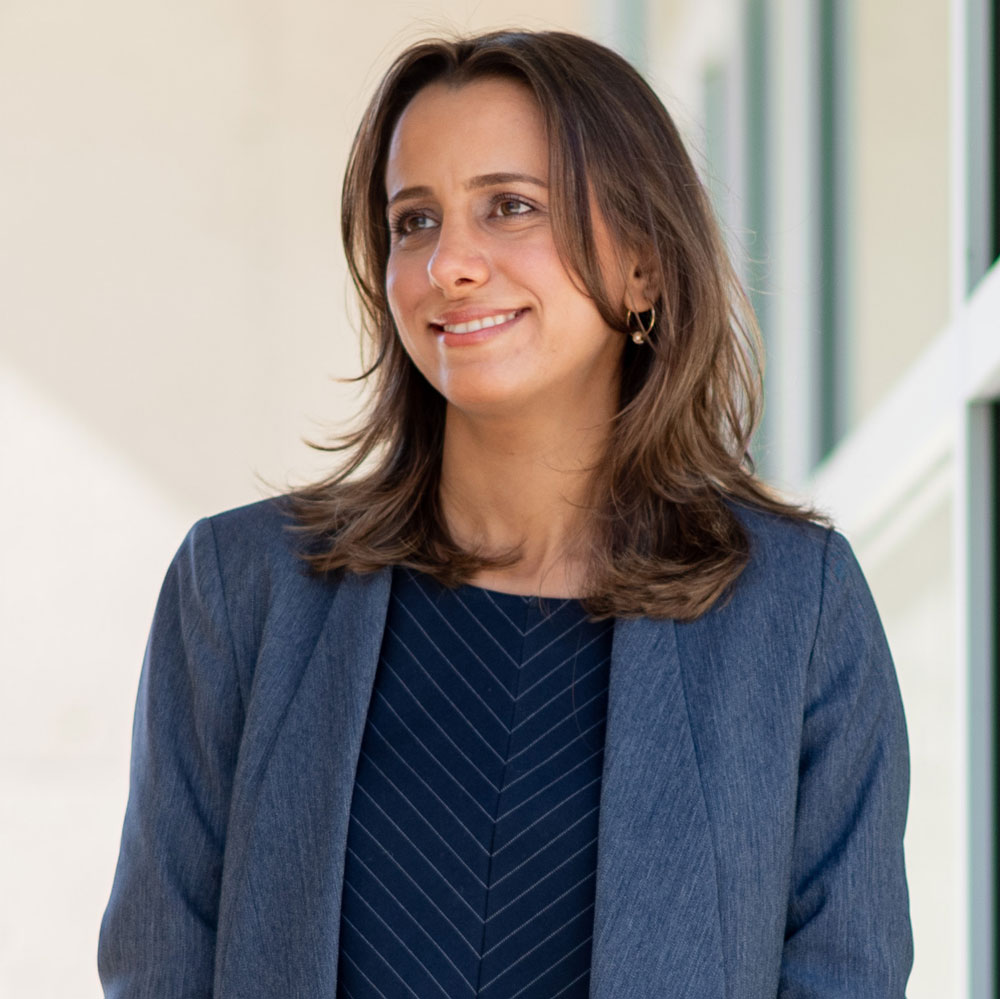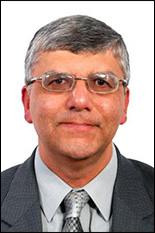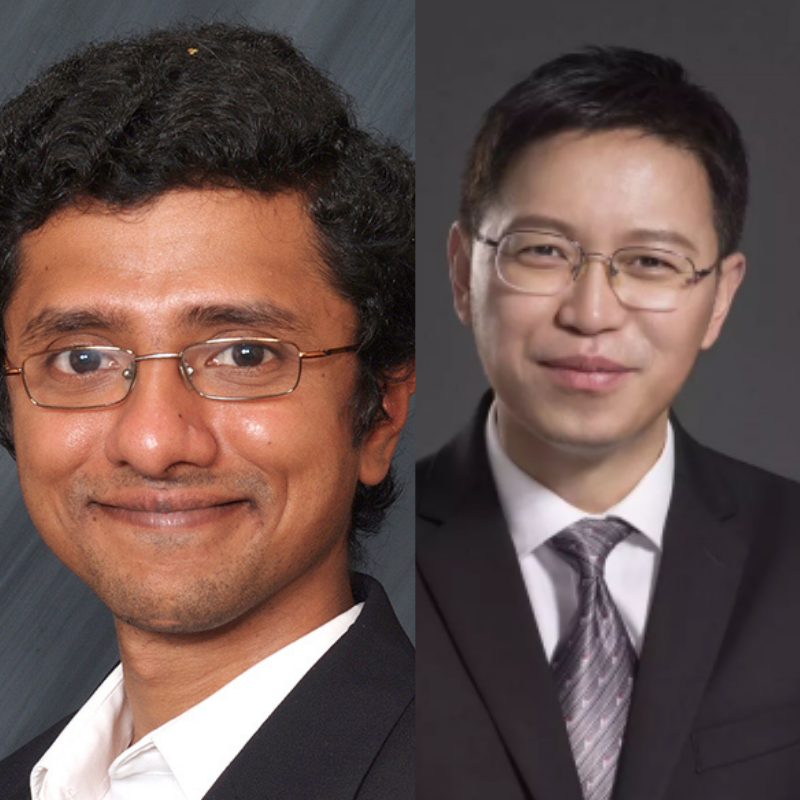News Story
Alumna Rose Faghih Joins NYU Faculty

Photo credit: Jeff Lautenberger, Cullen College of Engineering, University of Houston
Department of Computer and Electrical Engineering alumna Rose Faghih ('08, electrical engineering) has joined New York University’s (NYU) Department of Biomedical Engineering as an associate professor and director of the Computational Medicine Laboratory.
Faghih’s research interests include wearable technologies, medical cyber-physical systems and control, estimation and system identification of biomedical and neural systems, and her pioneering work has put her at the forefront of her field.
In 2020, she not only received a National Science Foundation CAREER Award, but MIT Technology Review named her to their global list of 35 Innovators Under 35 and IEEE Women in Engineering Magazine named her a ‘Woman to Watch.’
The cornerstone of her current research is developing algorithms for a smartwatch technology dubbed MINDWATCH, which if successful, could monitor brain activity through physiological signals such as respiration rate, pulse, and sweat level, and use simple everyday controls like light or music to help individuals manage their stress and improve their mental health and performance.
Beyond research, Faghih has also been recognized for both her teaching excellence and dedication to mentoring students, receiving a 2020 Teaching Excellence Award from the University of Houston's Cullen College of Engineering.
Prior to joining NYU, Faghih was an assistant professor of Electrical and Computer Engineering at the University of Houston as well as a research affiliate of both the Massachusetts Institute of Technology (MIT) and Massachusetts General Hospital.
After graduating summa cum laude from the University of Maryland, Faghih completed both her S.M. and Ph.D. degrees in Electrical Engineering and Computer Science with a minor in Mathematics at MIT, where she was a member of MIT’s Laboratory for Information and Decision Systems and the MIT-Harvard Neuroscience Statistics Research Laboratory.
She is a Senior Member of the Institute of Electrical and Electronics Engineers, and additional accolades include invitation to the 2019 National Academy of Engineering’s U.S. Frontiers of Engineering Symposium and a 2016 IEEE-USA New Face of Engineering Award, given to engineers thirty and younger.
Published March 24, 2022














